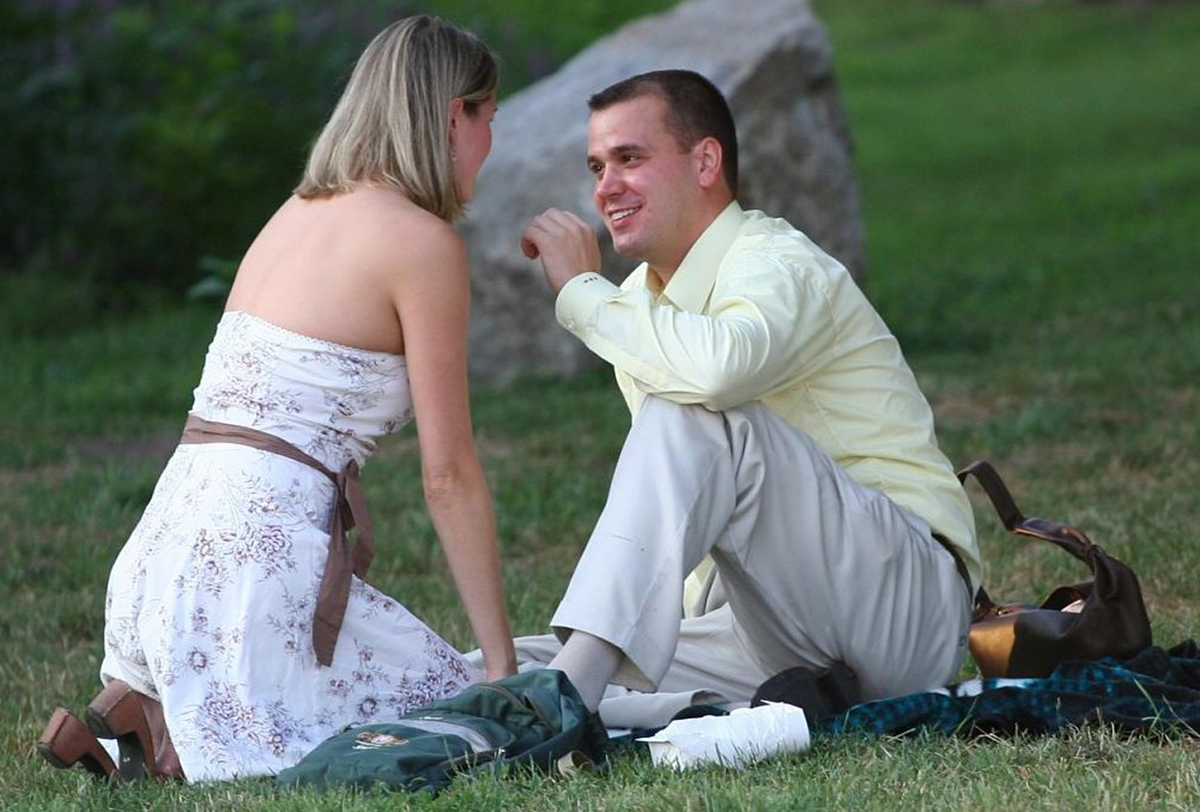Table of Contents
What first attracted you to your mate? Was it his or her smile or personality? Perhaps the one you love has the same views, goals and values as you do and that was the clincher. No matter what the reasons are for you choosing your partner, you may be surprised to know there is way more to it than outward similarities. When we pick a mate, scientists have now discovered it has much more to do with than just the “laws of attraction” coming into play.

New Research Study Regarding DNA & Selecting a Partner
According to a newly released study done by the University of Colorado Boulder, people are more genetically similar to their spouses than they are to randomly picked individuals from within the same population. Medical researchers and scientists already know people tend to marry those who share similar characteristics, including religion, race, income, education and body type.
However, the results of the new study published in the Proceedings of the National Academy of Sciences, scientists have proven people are also likely to choose a partner who has similar DNA. While things such as race, body type and education all have certain genetic components, this study was the first one which actually looked at similarities across the entire genome itself.
The Science of Falling in Love
When two people fall in love, something mystical and complex happens that goes way beyond the physical aspects of attraction. Attraction happens on an unconscious level and some of these reasons can be deeply rooted into unmet childhood needs.
It is an old saying that “like attracts like,” and many people choose to marry others who are like them. However, there is a question about whether or not we mate randomly with respect to genetics. During the study, Dr. Benjamin Domingue and his colleagues studied genomic data which was collected by the Health and Retirement Study, which is sponsored by the National Institute on Aging.
I like your genes!
Researchers examined the genomes of 825, non-Hispanic, Caucasian American couples, and paid specific attention to the single-nucleotide polymorphisms. These single-nucleotide polymorphisms are places in DNA which are known to be different in each human being. By comparing, researchers found there are fewer differences between the DNA of married people than those of two randomly picked individuals.
In total, researchers were able to determine an estimated genetic similarity between people using 1.7 million single-nucleotide polymorphisms in each person’s genome. Through the research study, scientists found people prefer mates who have a similar DNA profile. The findings of this study could have serious implications for the statistical models researchers and scientists now use to understand the genetic differences between human populations.
See Also: The Chemistry Of Love
The study mirrored a follow-up study with data provided by the long-running Framingham Heart Study, which also revealed married couples have more genetic similarities than random pairs of people.
- Photo courtesy of dave.wolanski by Flickr : www.flickr.com/photos/_davdog/2368267472
- Photo courtesy of Benjamin Thomas by Flickr : www.flickr.com/photos/benthomasrockstar/5391383624
- week.manoramaonline.com/cgi-bin/MMOnline.dll/portal/ep/theWeekContent.do?programId=10350676&channelId=-1073908026&contentId=16872318
- esciencenews.com/articles/2014/05/19/people.more.likely.choose.a.spouse.with.similar.dna.finds.cu.boulder.study
- www.colorado.edu/news/releases/2014/05/19/people-more-likely-choose-spouse-similar-dna-finds-cu-boulder-study
- www.relationship-help.com/articlesdetail.asp?id=3&cat=All
- http://www http://wtvr.com/2014/07/23/singldout-uses-dna-to-find-love-match-1/.cbsnews.com/news/genetic-match-why-people-tend-to-marry-those-with-similar-dna/

